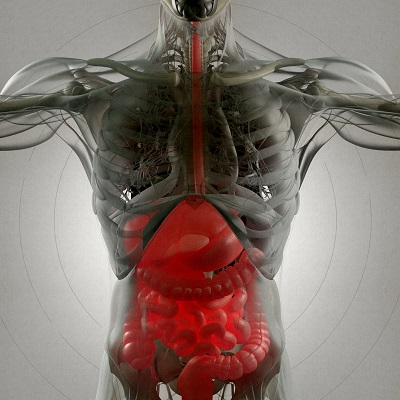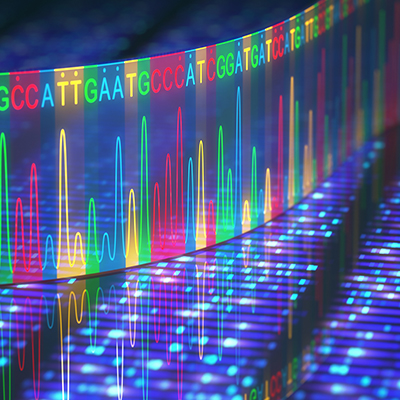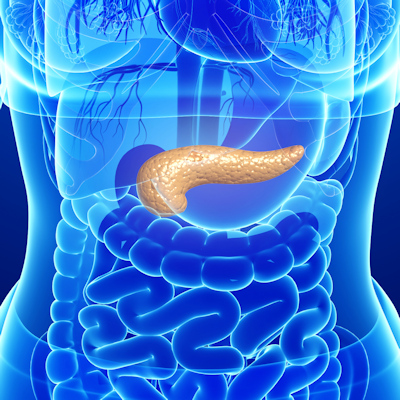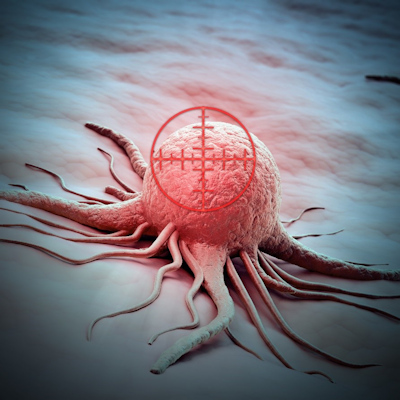March 30, 2023 -- Japanese researchers have found that people who carry certain genetic risk factors for stomach cancer have a much greater risk if they have also been infected by the bacterium Helicobacter pylori.
The study, published Thursday in the New England Journal of Medicine, could contribute to the development of tailored genomic medicine for treating stomach cancer.
Stomach, or gastric, cancer is the fourth leading cause of cancer death worldwide. Genetic risk factors include a hereditary pathogenic variant of the CDH1 gene. Environmental risk factors include infection by H. pylori. The incidence of stomach cancer is higher in East Asian countries, where H. pylori virulence is high.
Testing for pathogenic variants is now common for cancer prevention, surveillance, and treatment selection. However, large-scale, case-control studies on stomach cancer are lacking. Such studies compare a group of people with a disease to a similar control group without the disease. The researchers sought to use a large case-control study of Japanese participants to assess how the risk for stomach cancer changes when pathogenic variants interact with environmental factors like H. pylori.
Using genomic analysis, the team analyzed DNA samples from more than 11,000 participants with stomach cancer and 44,000 without stomach cancer for 27 genes associated with hereditary tumors to find out whether the participants were carriers of pathogenic variants. Their analysis identified nine genes highly associated with stomach cancer risk.
The researchers then analyzed the interaction between the pathogenic variants in the nine genes and H. pylori infection, as determined by patient history. They found that stomach cancer risk was dramatically higher when a pathogenic variant was combined with H. pylori infection than when either factor was present alone. Among the nine genes, four were of particular interest because they code for proteins that normally help repair damaged DNA. These pathogenic variants may exacerbate the damage done by H. pylori infection, which leads to cancer by promoting DNA double-strand breaks and destabilizing stomach cell DNA. Combining that damage with genetic variants that prevent normal damage repair appears to substantially enhance the risk for gastric cancer.
Since the prevalence of H. pylori infection is high, and its eradication difficult, screening for pathogenic variants can help determine who should be prioritized for interventions. Reducing stomach cancer risk by testing for H. pylori infection and eradicating it regardless of whether individuals carry the pathogenic variants remains a priority. This study is part of a broad effort to better prevent and treat cancer by understanding how environmental and genetic factors interact.
"Our study will contribute to medical practice guidelines on gastric cancer and pathogenic variants, and is expected to contribute to establishing a tailor-made genomic medicine system, including improved diagnostic accuracy, development of therapies targeting causative genes, and more appropriate preventive measures for gastric cancer," Yukihide Momozawa, a co-author and researcher at the Riken Center for Integrative Medical Sciences, said in a statement.
Copyright © 2023 scienceboard.net











